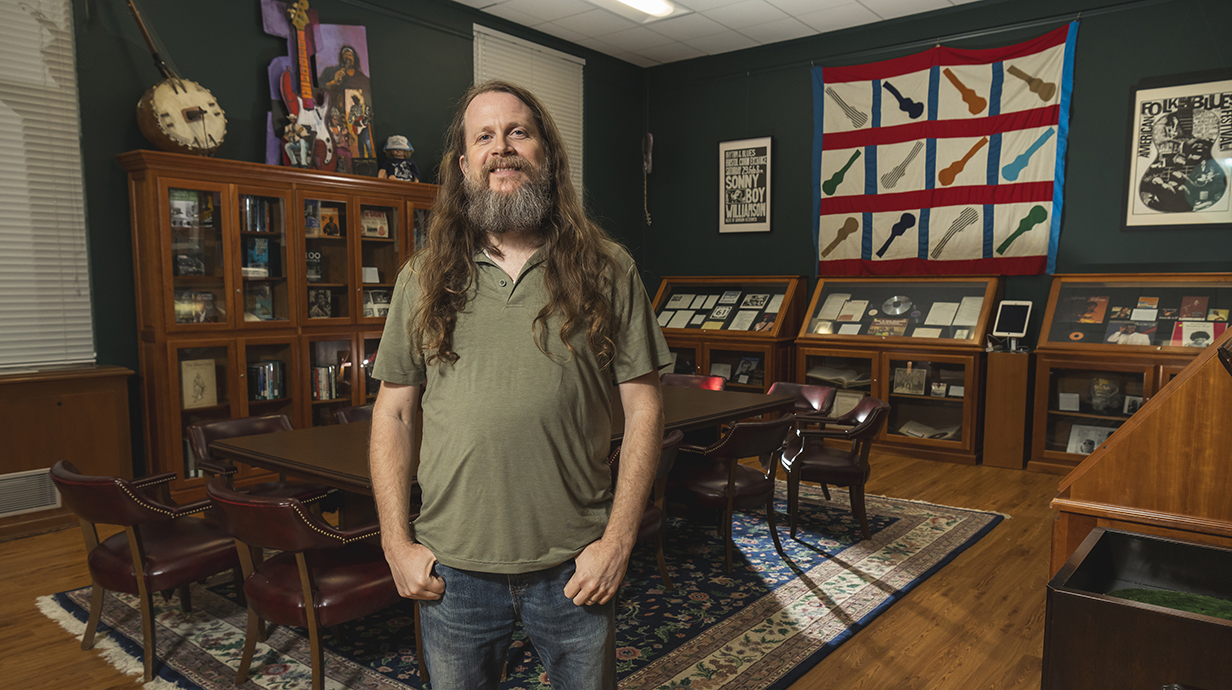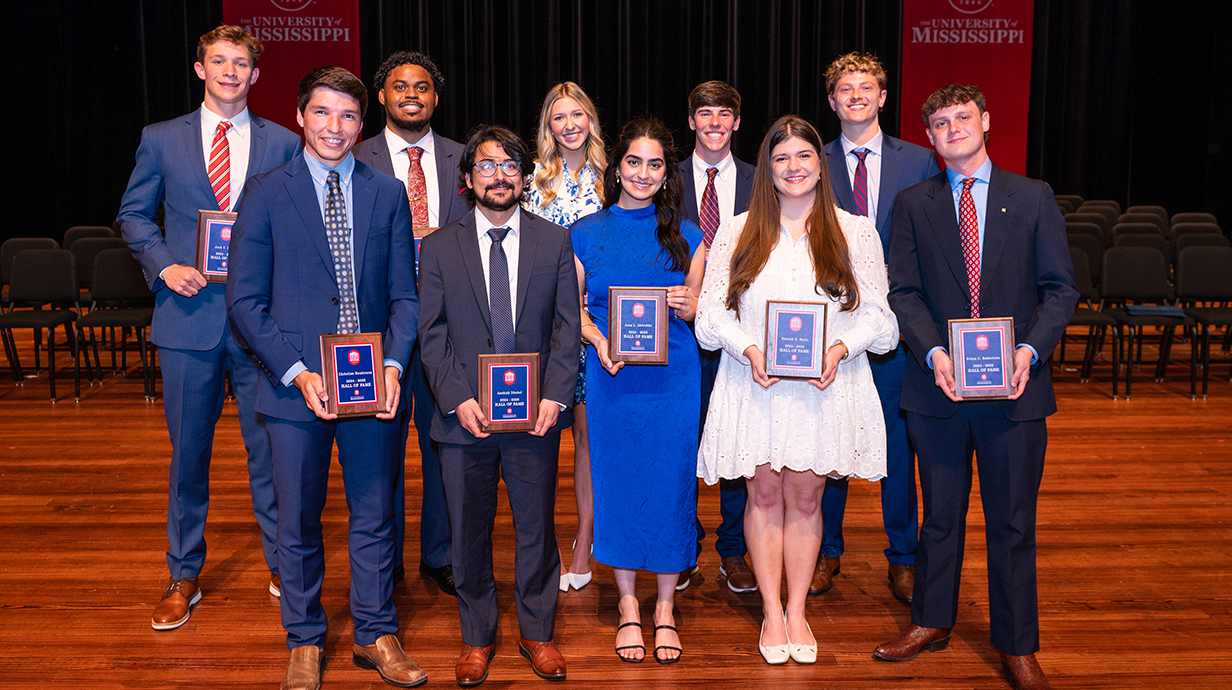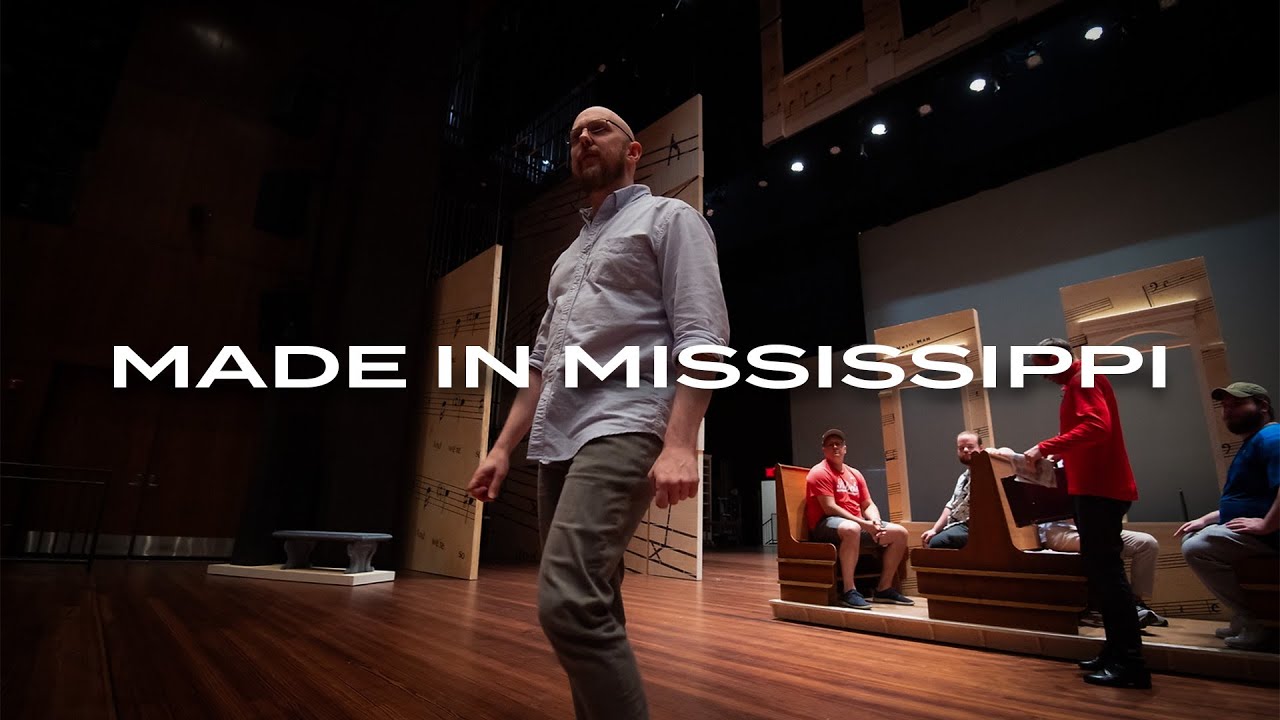Latest News

Arts & Culture, Events
Preserving Music History: UM Blues Archive Celebrates 40 Years
OXFORD, Miss – Rare 78-rpm records from legends such as Arthur "Big Boy" Crudup, never-released studio recordings and personal letters sent to fans by Ray Charles are just a sliver of the 400,000 artifacts preserved in the University of Mississippi's Blues Archive.










